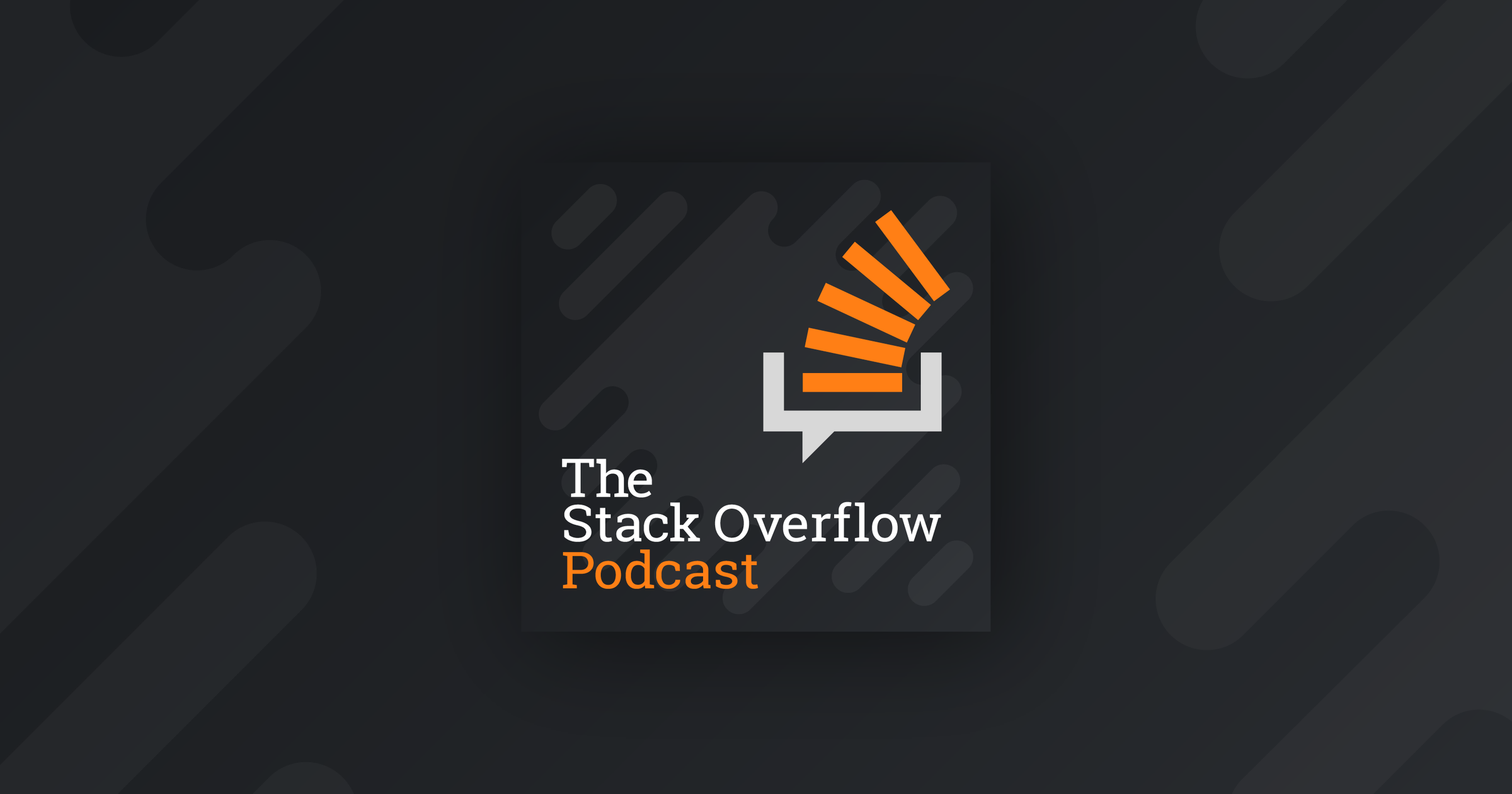This week, we chat with Sham Kakade, a professor of computer science, statistics, and data science at the University of Washington. A group from his university, along with volunteers from Microsoft, is creating a contact tracing app called Covid Safe. Sham explains how technology could make it possible for democratic nations to fight the pandemic while preserving civil liberties.
You can read more about Sham's app, Covid Safe, here.
The app isn't live in the iOS or Android app store yet, but you can download an Android demo here and help the team work out the bugs. You can also use that link to find their GitHub community.
You can read Paul's take on the contact tracing spec released by Apple and Google here.
This is a two part episode, so tune in Friday for the second half.
